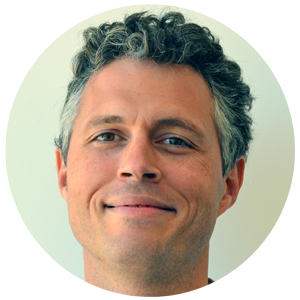
- This event has passed.
ESE Seminar: “Accelerating MRI with Deep Learning”
November 6, 2020 at 12:00 PM - 1:00 PM
Magnetic Resonance Imaging (MRI) can be accelerated by sampling below the Shannon-Nyquist rate via compressed sensing techniques. In this talk, I will consider the problem of optimizing the under-sampling pattern in a data-driven fashion, which has been an open problem for over a decade. For a given sparsity constraint, our method optimizes the under-sampling pattern and reconstruction model, using a computationally efficient end-to-end deep-learning strategy. We call our method Learning-based Optimization of the Under-sampling PattErn, or LOUPE. Our experiments with brain and knee MRI scans show that the LOUPE-derived pattern can yield significantly more accurate reconstructions compared to standard under-sampling schemes. I will also present results for prospectively collected in-vivo images that demonstrate the practical utility of LOUPE in speeding up MRI scans.

Mert Sabuncu
Associate Professor of Electrical and Computer Engineering, Cornell University
Mert R. Sabuncu received a PhD degree in Electrical Engineering from Princeton University, where his dissertation dealt with the problem of establishing spatial correspondence across medical images. Mert then moved to the Massachusetts Institute of Technology for a post-doc at the Computer Science and Artificial Intelligence Lab, where he worked on a range of biomedical image analysis problems, including the segmentation of brain MRI scans. After his post-doc at MIT, Mert spent a few years at the A.A Martinos Center for Biomedical Imaging (Massachusetts General Hospital and Harvard Medical School) as a junior faculty member, where he built a research program on algorithmic tools for integrating genetics and medical imaging.
Today, Mert is Associate Professor (with tenure) at Cornell University’s School of Electrical and Computer Engineering. His research group develops machine learning-based computational tools for biomedical imaging applications. He is a recipient of an NSF CAREER Award (2018) and an NIH Early Career Development Award (2011).
